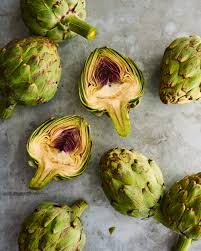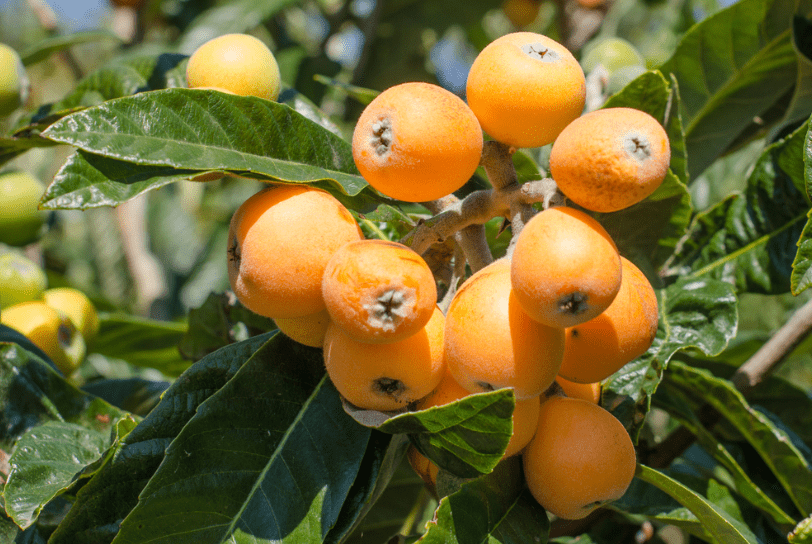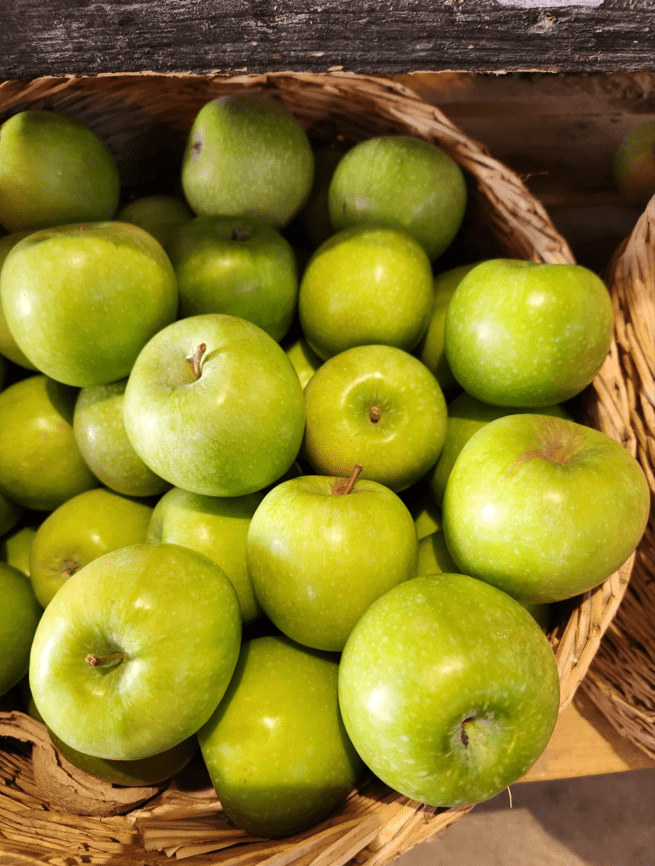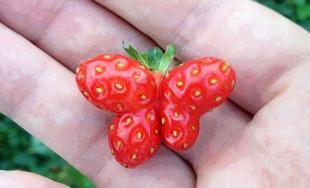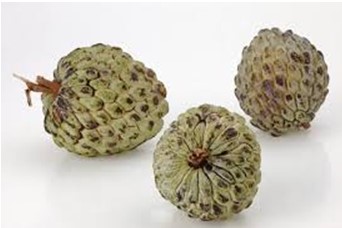Good week!
After all that I wrote about white colored crops, I must now write about the organic onion! The onion is a metaphor of life. You peel it, layer after layer, hoping that at some point you'll reach the secret. Here is a quote:
"The onion, whether we like it or not, is an existentialist allegory of life. You peel it layer after layer hoping to find the innermost seed. However, what you always have left in your hand is another layer to peel, and another one. In the end you remove the last layer, and the secret of life is revealed to you: but there is nothing there. After you've awakened from the delusion and found that the naked truth is itself naked, you realize that the real thing about life is the process and not the everlasting search after a meaning to hang on to. I know, it's a little bit of bullshit, but you can fill two pages about the onion…." (Yaakov Maor, freestyle nation)
Ha ha ha… I wonder if he was in an עסל day (honey day) or a בסל day (onion day)…
The first species we meet in the season (now) is called “beit alpha” and can be recognized by how fast it sprouts. so if you received it a bit green, or it started to grow in your home, you can assume it is a beit-alpha onion.
So what is an onion actually? The onion is a plant organ, a bulb under the ground, that exists in certain plants in order to store nutrients and water during the rainy season, which the plant can use during the dry season. A good example is the Hatzav, which has the strength to flower at the end of summer due to its powerful bulb.
When you walk around Nataf in the burnt areas ( as you may know, we had a fire), you can see the exposed black earth because everything on top of it burned. Sticking out of the earth are little bright green leaves and stems growing from all the bulbs underground. The bulbs were protected from the fire. It is beautiful and fills us with hope. There is a variety of narkissim, rakafot, iriyot….
The garden onion is a biannual crop. In the first year the plant grows the bulb (the onion that we eat) and in the second year, after it is prepared "financially" :), it grows a tall column with flowers to provide for the next generation. We call it "maturity" or "responsibility" in humans but in plants it is called “bolting”.
Of course, we are not interested in this process because growing a column reduces the value of the onion, so we must pay attention and pick it before it attempts to begin the next generation. That means being alert during season changes, because if the plant feels distress it will, like any good parent, think first of the kids and use all of its strength to grow the flower column and seeds rather than investing in the onion.
There are many kinds of onion – green, purple, white, yellow, red, beit alfa and Ashkelonian…
Ashkelonian onion – yes, this onion from Ashkelon is actually very famous across the world, it is known as the shallot or scallion.
In Latin it is called Alium Askelonikum and the French and Belgian people consume one hundred thousand tons of it each year.
The shallot arrived to Ashkelon from Asia when it was a busy port town and growers in Israel began to grow plenty of it. The Romans discovered it here and took it back with them to Rome and from there it continued… Nowadays, most the Ashkelonian onion in Israel is imported 🙁
The onion’s history is long…
The Israelites, walking with Moshe in the desert, longed for onion and garlic, together with the fish, zucchini and watermelons that were abundant in Egypt.
The Pharaohs paid wages to the construction workers of the pyramids with sacks of onions. Not just once, a strike occurred and was resolved with sacks of onions.
Three trainloads of onions were sent to the union army in the American civil war after General Ulysses S. Grant notified the President that he would not move his army without onions….. Also Alexander the Great kept a menu rich in onions for his soldiers and Greek athletes strengthened their bodies by eating onions and drinking their juice.
On the other hand, in Jewish culture onion is not so important. There is a Yiddish saying as follows: "א-ציבעלע-גנב" (a thief of onion) and the meaning is that although stealing is a bad offense, it is only an onion, and there is no point to make a big deal of it.
In Arabic there is a saying, "Yom asal, yom basal" Asal is honey and represents wealth, the basal (onion) represents poverty.
The world consumes 60 million tons of onions per year. That's about 8 kg per person per year. The average Israeli consumes 12.5 kg per year and as we move eastward in the world more onion is consumed, moving westward less is eaten.
Interesting: They say that men consume about 40 % more onion than women…
The onion has always been attributed with many health benefits: Preventing colds, intestinal parasite treatment, heart disease prevention, delay of the development of atherosclerosis, diabetes prevention, and more …
There is no kitchen without it, thousands of recipes would not exist without it. It can be fried, baked, steamed, stuffed, wrapped, eaten fresh…. and yet it is a symbol of dullness /poverty, perhaps because of the tears when you cut it, or perhaps because of the considerable weeding needed to grow it (it has sparse foliage which allows weeds to grow under it).
Hoping all levels of the week will be full of juicy good, rain, green and rejuvenation!
To health!
Yours, Maggie and the garden staff
We expect in our organic vegetable baskets (draft only):
Leeks
lettuce
Tomatoes
And cherry tomatoes
Jerusalem artichokes
onions
broccoli
Cucumbers
Peppers
And cauliflower
In the larger organic vegetable baskets, ialso:
cabbage
beets
Kale
parsley
Organic fruit baskets;
Bananas
Sweeties
Clementines
And oranges
In the larger organic fruit baskets, also:
Apples
And more oranges





